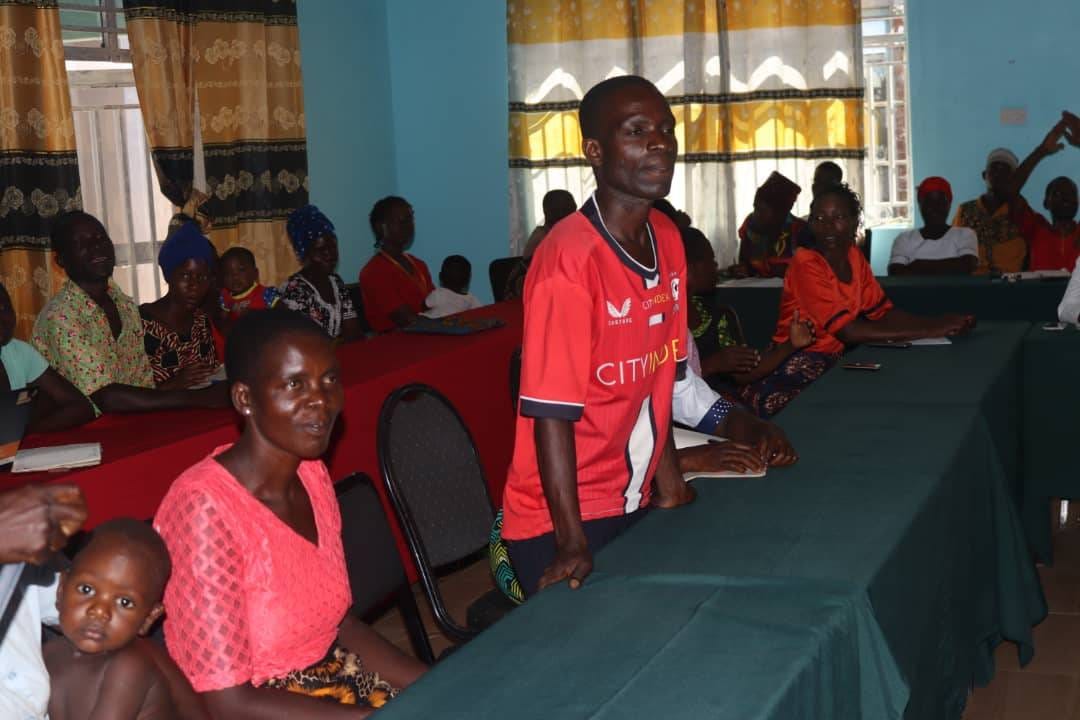Training Aims to Boost Tree Survival Rates
Under the project, 60,000 trees will be planted in Salima with funding from the EU through Oxfam.
SALIMA, Malawi— In a concerted effort to ensure the maximum survival rate of tree seedlings to be planted during this year’s tree planting season, the Civil Society Organisation Network on Climate Change (CISONECC) is taking proactive measures, writes Alinafe Mkwezalamba.
As part of the Promoting Equitable Access to Clean Energy (PEACE) project, CISONECC is currently conducting training sessions for Village Natural Resources Committees (VNRC) from the areas of Senior Chiefs Kalonga and Maganga in Salima.
The training aims to equip the committee members with essential skills and knowledge on efficient tree nursery management.
By empowering these committees, CISONECC envisions reaching a new height in tree survival rates, which currently stand at 71 percent.
The project, funded by the European Union through Oxfam, will see the planting of 60,000 trees in Salima, contributing to sustainable environmental conservation efforts.
“This training is very important because it will equip the VNRC members with the knowledge and skills they need to manage their tree nurseries effectively,” said Adam Jason, Salima’s district forestry officer.
“By following the best practices that will be taught in this training, we can ensure that more trees survive and thrive after they are planted.”
M’gawi VNRC Chairperson Willard Peter from the area of Senior Chief Maganga said they will use the knowledge attained in taking care of their tree nurseries for maximum survival.
“We are grateful for this training because it will help us to improve our tree nursery management practices,” Peter said.
“We will use the knowledge we have learned to take care of our seedlings so that they have the best chance of survival when they are planted.”
The activity is part of the Promoting Equitable Access to Clean Energy (PEACE) project which seeks to promote individual tree planting and community woodlot management.
Under the project, 60,000 trees will be planted in Salima with funding from the EU through Oxfam.



